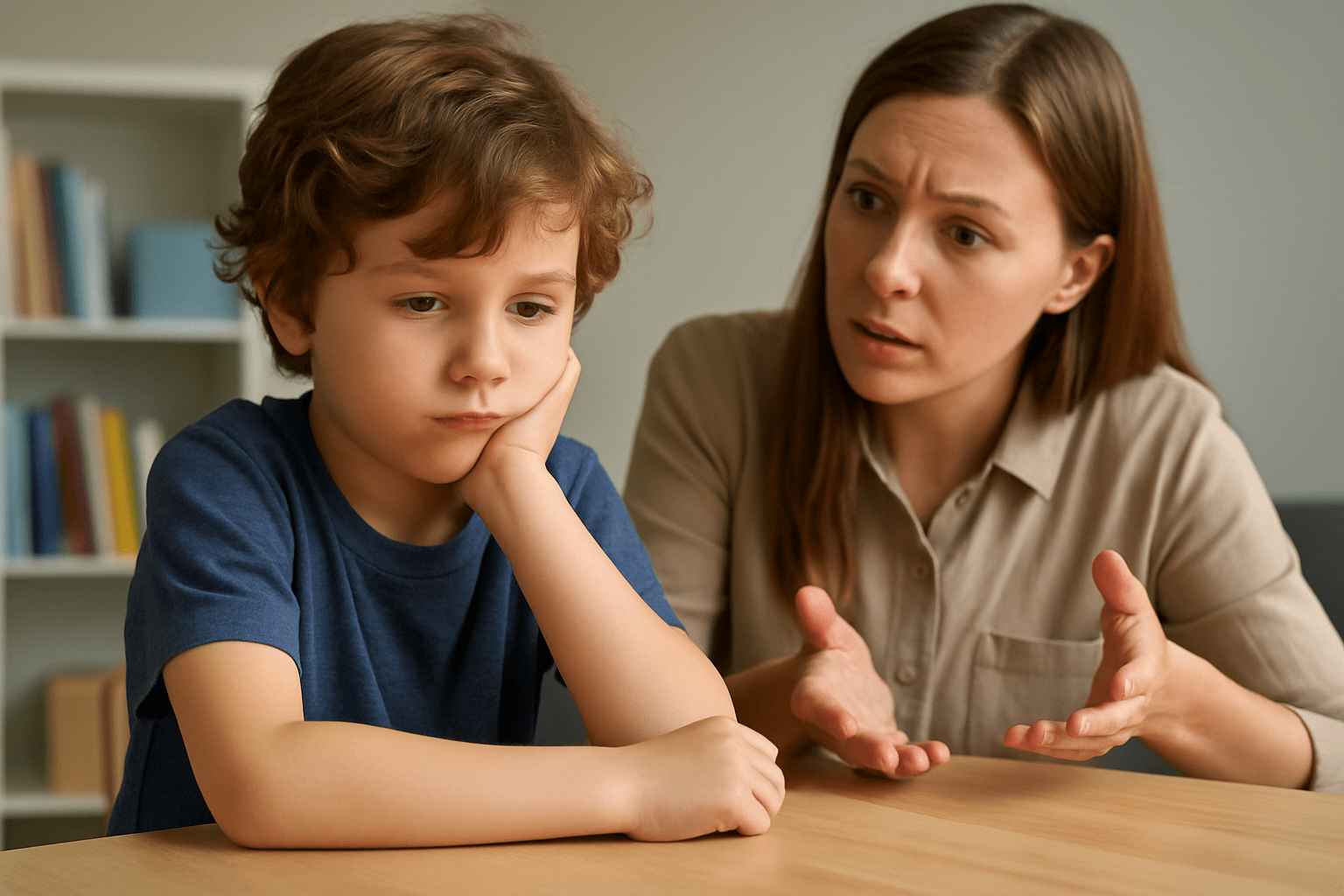This educational approach ensures that children can pick up knowledge during sensitive learning periods. All a child needs is support in their quest to be inquisitive and self-sufficient learners.
In this method, the instructor imparts knowledge and acts as a mentor and guide. Every child can achieve something; the mentor’s job is to ensure the child takes the right action.
As a vertical classroom organization, the Montessori approach has a participant’s greater range of ages. The main aim here is to stimulate children and help them grow into self-directed learners throughout their lives, irrespective of the time, whether it is social, emotional, academic, or even biological.
What Makes Early Childhood Montessori Preschool Stand Out?
For The Early Childhood Montessori Preschool, Children’s Needs And Interests Are Of Fundamental Importance. These classes suit children based on their interests and passion for exploring things.
Combinations of materials are specifically arranged in the room, making it easier for the children to acquire new information and new ways to reason. Students in the classroom do not have to listen to teachers’ long lectures as guides assist and instruct children as they engage in class and learn.
Such an approach builds a passion for Learning and encourages the child. For example, comparing classes with a preschool model Ang, Karen where the teacher decides most of the activities and the child is directed to Montessori written books has its centre of attention, the child’s work.
There is a good explanation of the effectiveness of Early Childhood Montessori, which is very suitable for children because it prepares them well, practices all the activities required to live ideal for each child properly, helps them grow in a supportive environment, and allows them to work independently.
What are the basic skills that children possess in a Montessori Preschool?
Activities like pouring, buttoning, and sweeping enhance a child’s practical motor movement skills and enable them to develop self-mastery, whilst teamwork encourages speaking and listening, which nurtures their social skills.
When addressing the problem, the children’s environment is easily managed because adequate self-exploration, hands-on questioning, and a Montessori approach make problem-solving simple.
When children are self-aware and can control themselves, their attributes of maturity, responsibility, and the ability to wait can be developed.
Which Is better for constructing a classroom and environment that exceeds the physical limitations of what a child can imagine and solve already for a child? For any child, the earlier they are introduced to new skills, the better.
What is the significance of Tailored Learning in Early Childhood Montessori Preschool?
Tailored Learning is fundamental to Early Childhood Montessori Preschool because it enables children to progress in Learning as per their capabilities.
In contrast to other classrooms, where children are expected to be by a given curriculum and specific time schedules, these expectations do not apply to a Montessori setting. Children are facilitated in pursuing activities most suitable to their interests and their development stage.
The teachers, or guides, keep track of the progress that each child is making and assist when needed so that every child is suitably motivated and stimulated without excessive pressure.
The previously learned basic literacy skills or problem-solving tasks enable children to acquire such learning skills.
This way, all children with diverse needs and learning patterns can be sufficiently supported and given opportunities. This greatly delights children because they have to be able to work on things they are interested in.
What is the role of a parent when a child is participating in an Early Childhood Montessori Preschool?
Parents are highly regarded in every element of the child’s Early Childhood Montessori Preschool development throughout their country’s development.
This normally encourages parents to ask their child’s teacher any questions and follow up with the child’s progress through updates.
Some Montessori schools have workshops that provide parents with information to enable them to understand the Montessori pedagogy and how it can be used at home.
Parents can interact in any school where the child is enrolled by volunteering in the classroom, organizing various events in the school, and even participating in selected projects. This interaction between school and home helps the child use what is being taught in school.
A parent should understand that if they are involved, they can do everything on a large scale to help their children develop traits of self–worth, responsibility, and exploration.
From the child’s point of view, parents and educators should work cooperatively, as such cooperation helps to avoid situations where children are given conflicting messages and guidance, which negatively affects their general growth.
Final Thoughts
To sum up, the Early Childhood Montessori Preschool setting is highly suitable for every child keen on nurturing their independence, reasoning ability, and desire to learn since all activities are catered to the child.
Due to the correlation between self-directed Learning and the child’s academic development, strategies are implemented to ensure that their self-learning is consistent with their educational progress. This approach guarantees that all subsequent Learning is engaged and conducted easily.
FAQ’s
Which age group do you see flexibly adjusting to an Early Childhood Montessori Preschool?
A child aged between 3 and 6 years is commonly regarded as an appropriate age for joining the Early Childhood Montessori Preschool; this will ensure a good starting point in Learning.
What advantages does the Montessori technique provide children, and how does it benefit them in the classroom?
The ability of the child to think creatively is one of the biggest pluses, which promotes a more practical element and tailor-made education for every child.
Is every child being admitted to Early Childhood Montessori Preschool compulsory?
The progressive approach of Montessori is the most appropriate method for these children as it allows them to work at their own speed and explore independently.
Is Montessori education a preschool education?
All you need to know is that Montessori education follows a more specific system of planning where children are expected to direct their attention to a task that they choose first and then to the materials that are made available.
What can parents do during a Montessori session to help their children learn more effectively?
First and foremost, parents should speak to teachers regularly. Primarily, both environments have similar lessons aimed at promoting self-responsibility and independence.



